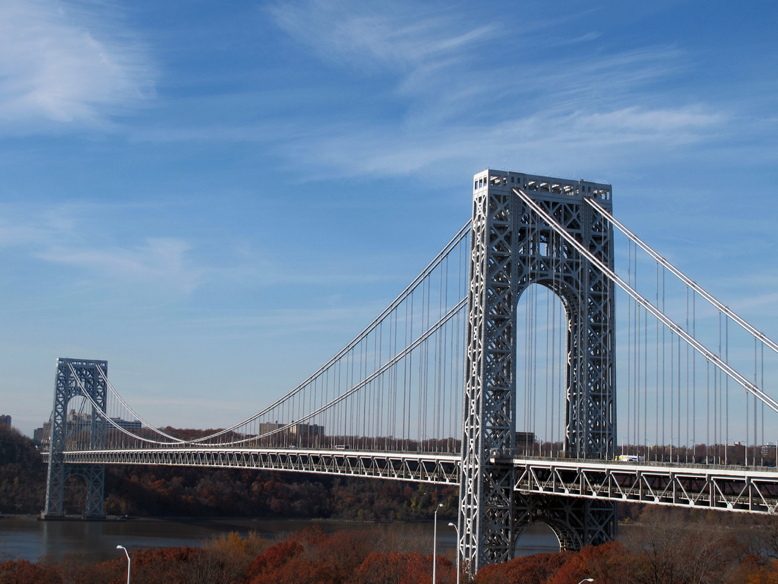
David Wildstein, former Port Authority executive and one-time ally of Governor Chris Christie, pleaded guilty to his role in the George Washington Bridge lane closures. The official charges levied against Wildstein are conspiracy to commit fraud and conspiracy against civil rights. He was released on a $100,00 personal recognizance bond in return for cooperating with the government, and faces 21 to 27 months in federal prison. He is scheduled to be sentenced on Aug. 6.
Appearing before a judge in federal court in Newark, Wildstein admitted the September 2013 lane closures, dubbed “Bridgegate,” were a deliberate, politically motivated action conceived by him, former Port Authority director Bill Baroni and Christie’s former Deputy Chief of Staff Bridget Anne Kelly to “punish” Fort Lee mayor Mark Sokolich for not endorsing Christie in his re-election bid. Baroni and Kelly were both indicted on nine counts.
Sokolich was one of several Democratic mayors targeted by Christie’s team as a means of building bipartisan support. According to media reports, the plan was to offer the mayors incentives in order to secure their endorsements for Christie’s reelection. The GWB lane closures were retribution for Sokolich not endorsing the governor, Wildstein said. NJ Spotlight chronicles the origins of the scandal:
The Mayor of Fort Lee, Mark Sokolich, had been showered with attention from the Port Authority, which had been tasked with courting a set of Democratic mayors in jurisdictions under its umbrella. Sokolich had received free buses to the Edgewater ferry, a personal tour of the then-closed World Trade Center site, and 11 artifacts, such as burnt steel, from the World Trade Center. (That rivaled only the number of artifacts given by the Port Authority to the FDNY.) When Sokolich still hadn’t endorsed Christie two months before Election Day in 2013, the lane closures began.
At the time, their origin was a mystery, explained by Port officials as part of a “traffic study.”
But within a week after the jam, which caught school buses and commuters in hours-long tie-ups, the Wall Street Journal began publishing a series of reports that raised questions about the bridge closures and Wildstein’s role. In early October, the Journal disclosed a sharply-worded internal email that [Port Authority official Pat Foye] had sent on the fifth morning of the closures, ordering them to stop. In it, Foye called the closures “hasty and ill-advised” and concluded they had broken both federal and state laws.
Follow NJ Spotlight for breaking news on the Bridgegate scandal.



